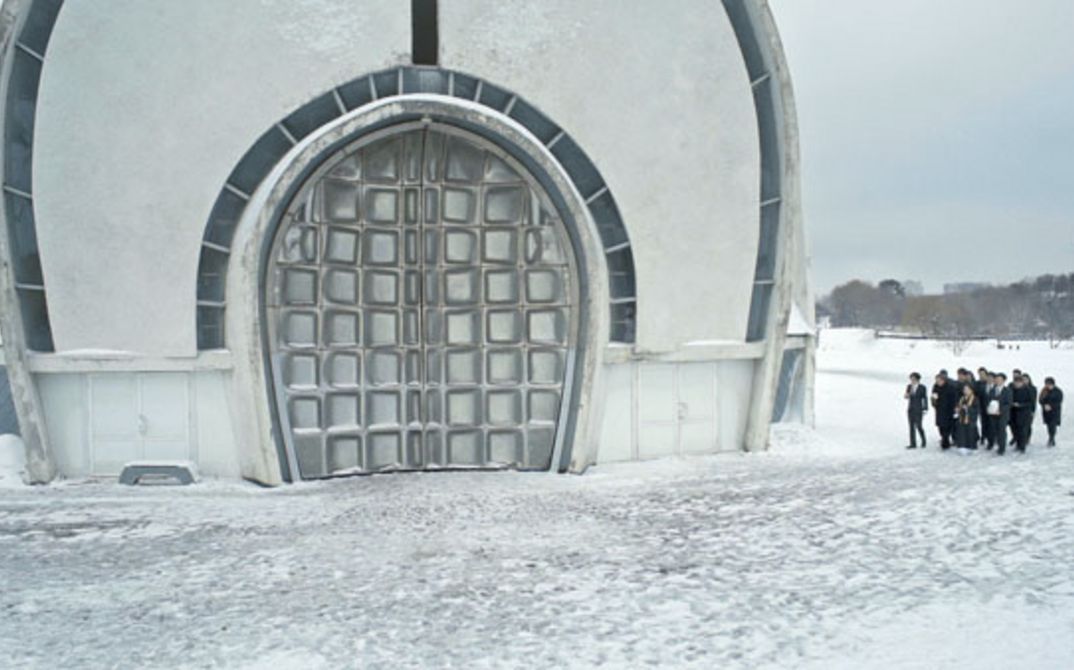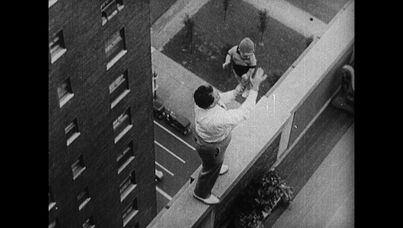Existential experimental cinematographic practices are by definition practices of political subjectivation; manifestations of and interventions into, rather then reflections of the specular constitution of the subject and its consciousness. Perhaps we can refer to today’s experimental not as those filmmakers and artists working with “new forms” (whatever they may be) first and foremost, but rather as those who emphasise the price of commonality, who refuse to give it away cheaply. At a curatorial and institutional level, the slogan “Part of the Problem” thus also means that the very idea of the public sphere, and the participation, representation, visibility and voice within its forums, is systemically implicated in the structural violence that so many of the artworks and films speak about. And while the role of cultural institutions has been to uphold the image of a functional public sphere, the price for this culturalisation has become untenable.
This is not a judgement about the state of the art nor a flirtation with institutional awareness, but a hope that we can gather around the peculiar sense of commitment that each of the works puts forward. “Part of the Problem” thus means neither that we as festival makers put ourselves in the position to ultimately judge which artworks are “part of the problem” rather than the solution, nor that we are comfortably on top of things and ahead of ourselves by reflexively subjecting the agency of the festival and our role to a critique. It means instead that we recognise that one cannot comfortably stay “ahead”, that being contemporary means to erase the comfort of critical distance, as if it were enough for “critical topics” to be raised and voices to be heard or rendered visible. The hope we invest in this this edition, as filmmakers and audiences gather in the ritual of watching and debating novel cinematic images, might be to sharpen the senses for what we have in common and yet still makes us unable to realise our commonalities. To realise that today’s borders cut right through us, as situated spectators, and yet in existentially different ways. And that it will not be the intolerable structures that we run up against from which we will derive the power to undercut these divides.
Anselm Franke is a curator, author and head of the Department of Visual Arts and Film at the Haus der Kulturen der Welt. He is also the co-founder of Forum Expanded and part of their curatorial team.
The motto of the 15th Forum Expanded is “Part of the Problem”.

